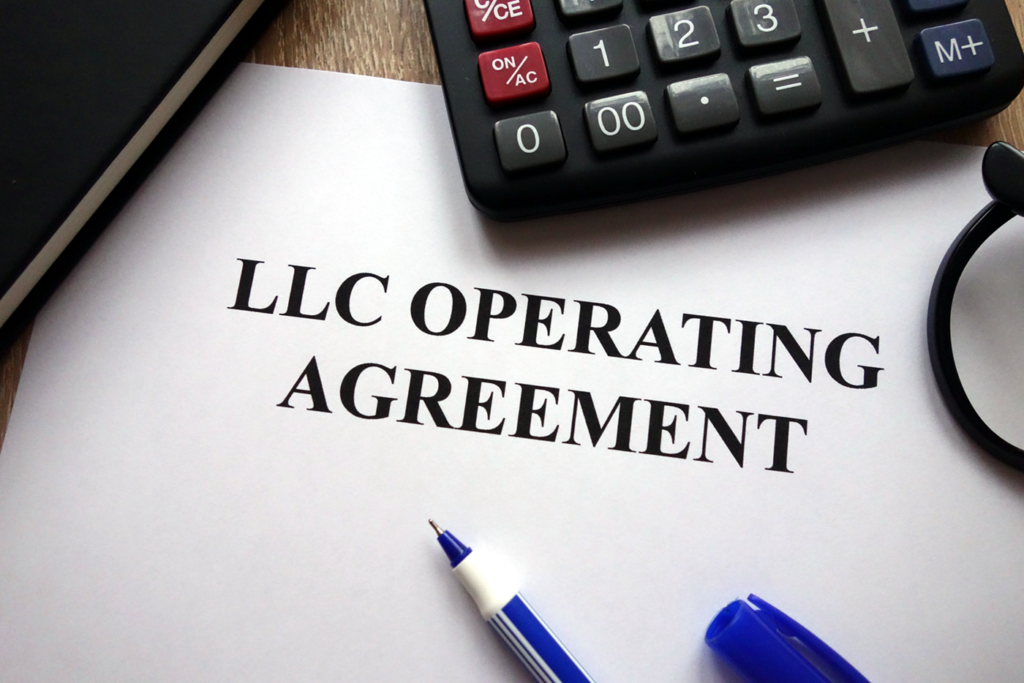
Among the first questions clients ask when establishing their first business is “How will my Limited Liability Corporation (LLC) be taxed?”
That is a good question, but before answering, I ask two questions: “Why are you setting up an LLC?” and “Are you working with an attorney?”
What I usually find, is that the client is using an online site to set up their LLC because they think they must form an LLC to have a real business. They haven’t spoken to an attorney, but the idea of setting up a company, especially one that protects and shields them from liability is powerful. I’ll get to the tax issues in a minute, but let me put in a plug for working with an attorney.
LLCs were invented in 1977 as a way for businesses to get the liability protection of an incorporated company—a corporation—without having to deal with the extra complexities of corporate structure and the double taxation that the corporation and its shareholders must deal with. An LLC is a state legal structure. In most states, you apply and file your LLC’s Articles of Organization with the Secretary of State. The LLC provides liability protection in State and most Federal courts.
To achieve limited liability protection, it is essential that the business follows its Articles of Organization and Operating Agreement. If the business is ever involved in a legal dispute, the opposing attorney will seek to pierce the corporate veil. The usual strategy is to show that the business did not follow the rules established in the Articles of Organization and Operating Agreement. This article from Nolo.Com provides a good explanation: Piercing the Corporate Veil: When LLCs and Corporations May be at Risk.
There is no point in setting up an LLC if you don’t follow its rules. You can end up losing your liability protection and all your personal assets are at risk. Your attorney should explain these issues to you and set up the Articles of Organization and the Operating Agreement with rules that are appropriate for your business and are easy for your business to implement.
The LLC is a Disregarded Entity
From the standpoint of your income tax return, the LLC is irrelevant. The IRS does not recognize the LLC as a taxable entity. In fact, they use the term that an LLC is a disregarded entity. By regulation, a single-member LLC will automatically be taxed as a Sole Proprietorship. A Sole Proprietorship’s revenue and expenses are reported on your Form 1040 tax return using a Schedule C.
If the LLC has two or more members, it will automatically be taxed as a Partnership. Under partnership rules, the LLC will be required to create a partnership tax return (Form1065). This tax return is an information return. A partnership does not pay taxes on behalf of the partners. All business income and expenses are passed through to the partners (LLC members) via a Form K-1. The income and expenses that each partner receives on this K-1 are reported on their Form 1040 Schedule E.
That is what happens automatically. You can elect to treat your LLC as a C-Corporation or an S-Corporation, but this can really complicate the startup of a new small business. Unless revenues and expenses are expected to be substantial in the first year, incorporating a new business is probably not a good idea due to the expense and higher taxes that a corporation may pay. This is a link to a WikiHOW.com article that describes how to incorporate your business.
There is a special case. A husband and wife filing a joint tax return can elect to set up a Qualified Joint Venture. With a Qualified Joint Venture, two spouses actively working in a business (whether it is an LLC or not) would split all the expenses and income. On their joint tax return, each spouse would have their own Schedule C. Depending on the family’s tax situation, this may or may not be advantageous. Check this link to the IRS page that describes Qualified Joint Ventures.
Do I Need to Setup an LLC?
From a tax return standpoint, there is no need to set up an LLC. Many small businesses, especially single-owner service businesses, are established without creating an LLC. There is still the need to follow all local city and state business regulations and tax rules, but in most cases, you will find that your state or city where you operate a business does not require it to be an LLC or corporation.
The lack of an LLC simply means your personal assets may be at risk if you are involved in a lawsuit. This may not be an issue for some businesses that provide services that are not risky. In addition, check with your insurance agent for liability insurance. Insurance may provide all the protection you need without the expense and complications of an LLC. Even if you do form an LLC, you should probably make sure you have adequate liability insurance protection. Other sources of information for Limited Liability Companies: